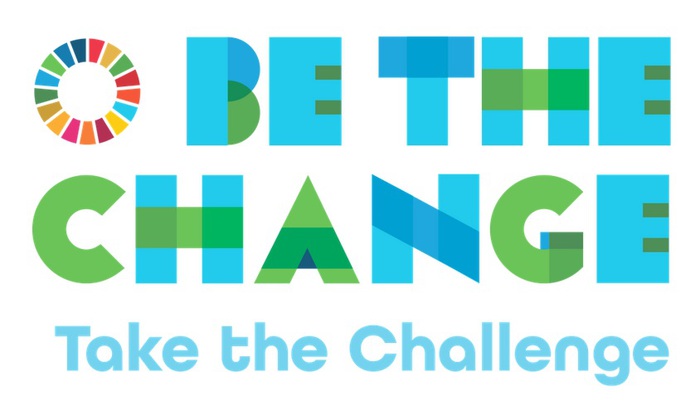INTERHES was born in 2015 with the aim of promoting the human ecology approach and strengthening interdisciplinary research
also, as a commitment to the sustainable development agenda championed in that same year with the kick-off of the 17 Sustainable Development Goals put forward by the UN.
At INTERHES, one of our objectives is to work with organisations, interest groups and local governments to make human settlements and communities inclusive, resilient and sustainable, in line with the SDGs 11 and SDG 12 which refer to “sustainable cities and communities” and to “responsible production and consumption”, respectively.
What does that mean? First, the promotion of research that contributes to reinforcing organisational capacity and community management. For instance, the interrelation between rural, urban and peri-urban areas for sustainable human settlements. It also means contributing with interdisciplinary knowledge to reduce the negative effects of natural disasters, and increase the effectiveness of interventions to mitigate environmental risk.
This cannot be done without the participation of different types of social actors, from the local to the global.
A rationale of INTERHES is precisely to contribute arguing for applied interdisciplinary research and its systematisation. Although we are in a context in which there is much talk about the multi-discipline, interdisciplinarity and transdisciplinary, the conversation lacks reflection on the whys and hows. We base our proposal on a concrete approach: complex systems, developed by Rolando García Boutique (2000, 2006, 2017). Moreover, not all projects and research problems need interdisciplinary research, only those that are addressed as a complex problem, and from a systemic perspective. This the cornerstone of INTERHES’s methodological approach and it is the basis for our interventions on community diagnoses, social impact evaluations, methodological developments for specific projects and collaborations with peer organisations to address concrete problems of the social world in which we live. Therefore, we will discuss more it in this space.
We will also deepen in this space (and other publications that we will gradually include on the INTERHES website) our perspective on the human ecology perspective upon which we approach the relationship between humans and their natural and socially constructed environments.
Reflecting on our own multidisciplinary trajectory is fundamental to do interdisciplinary research. It implies evidencing some personal decisions that are structuring the trajectory of the researchers who begin our journeys in one discipline and then transits to others. Depending on how reflective and systematic we are, attention to reflexivity makes it easier to identify communication channels to other disciplines helping to solve research problems. The process to create both interdisciplinary teams and protocols is neither automatic nor easy, but we will discuss it in future posts in this space…
Patricia E. Almaguer-Kalixto & Oscar Alvarez-Macotela
